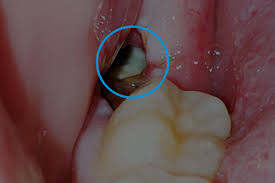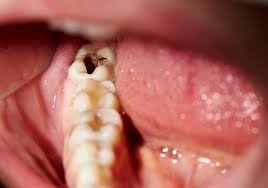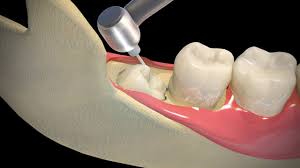Wisdom Teeth Removal
Wisdom Teeth Removal
Understanding Wisdom Teeth Removal
Wisdom teeth removal is a common dental procedure aimed at addressing issues related to the third molars, often referred to as wisdom teeth. These teeth typically emerge in late adolescence or early adulthood and can lead to various complications, such as overcrowding, impaction, and infection. The procedure involves the surgical extraction of one or more wisdom teeth, which can alleviate pain and prevent further dental issues. In many cases, oral surgeons recommend removal even if the teeth are not currently causing problems, as this proactive approach can safeguard against future complications.
The Advantages of Wisdom Teeth Removal
Removing wisdom teeth offers numerous benefits, particularly for individuals at risk of dental complications. It helps prevent overcrowding of the other teeth, which can lead to misalignment and other orthodontic issues. Additionally, extraction reduces the risk of infection and decay associated with partially erupted wisdom teeth. By opting for this procedure, patients can maintain better oral health and prevent potential pain and discomfort down the line, ultimately ensuring a healthier, more functional smile.



Who needs Wisdom Teeth Removal?
Not everyone requires wisdom teeth removal; however, certain factors may indicate the need for this procedure. Individuals are often advised to undergo wisdom teeth extraction if they experience:
- Pain or discomfort in the back of the mouth as the teeth emerge.
- Swelling or infection of the gums around the wisdom teeth.
- Crowding or misalignment of existing teeth due to lack of space.
- Cysts or tumors developing around the wisdom teeth.
What to expect during Wisdom Teeth Removal?
Initial Consultation: The process begins with a thorough examination, which may include X-rays to assess the position of the wisdom teeth and determine the best approach for removal. Your dentist or oral surgeon will discuss the procedure, anesthesia options, and any potential risks.
The Procedure: Wisdom teeth removal is typically performed under local anesthesia, sedation, or general anesthesia, depending on the complexity of the extraction and patient preference. The dentist will carefully remove the wisdom teeth, which may involve making incisions in the gums if the teeth are impacted.
Recovery: After the procedure, patients may experience swelling, discomfort, and bleeding. It’s essential to follow post-operative care instructions, including taking prescribed medications, applying ice packs, and adhering to a soft food diet for a few days to promote healing.
Managing Discomfort and Risks
While wisdom teeth removal is generally safe, as with any surgical procedure, there are risks involved. Possible complications include dry socket, infection, and nerve injury. Following your dentist's instructions and attending follow-up appointments can help minimize these risks and ensure a smooth recovery.
Maintaining Oral Health After Removal
After wisdom teeth removal, maintaining good oral hygiene is crucial for healing. Gentle brushing and rinsing with warm salt water can aid recovery. Regular dental check-ups will help monitor your oral health and address any concerns as needed.
Enhancing Your Smile
Wisdom teeth removal is a proactive step toward maintaining a healthy and beautiful smile. By addressing potential issues early on, you can enjoy better oral health and prevent future complications. Consult your dental professional to learn more about wisdom teeth removal and determine if it’s right for you.

